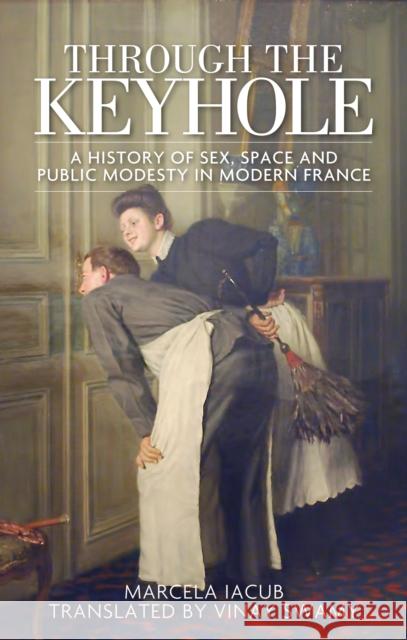Through the Keyhole: A History of Sex, Space and Public Modesty in Modern France » książka
Through the Keyhole: A History of Sex, Space and Public Modesty in Modern France
ISBN-13: 9781784991524 / Angielski / Miękka / 2016 / 248 str.
Through the Keyhole: A History of Sex, Space and Public Modesty in Modern France
ISBN-13: 9781784991524 / Angielski / Miękka / 2016 / 248 str.
(netto: 98,15 VAT: 5%)
Najniższa cena z 30 dni: 95,39
ok. 30 dni roboczych.
Darmowa dostawa!
In 1857, a group of young people who had participated in an orgy in a private mansion was sentenced for contempt of public decency (outrage public a la pudeur) because a curious voyeur was able to watch them from the outside through a keyhole. In 1893, students who organised the Quat'z'Arts ball declared a 'war of the nude' against the courts by demanding that certain forms of public nudity be considered chaste. In the 1960s, a passionate debate ensued on whether women bathing topless on French beaches constituted indecent exposure. For Marcela Iacub, the crux of each of these debates hinges on where the public ends and the private begins, and what one can reveal and what one ought to hide.
Through an analysis that blends the law, architecture, literature and psychiatry, this book tells the story of public decency. We discover how the law has long exerted control over sexuality by distributing the visible world between illegal and legal domains with regard to certain behaviours, thus transforming real spaces into institutional and political spaces. Today, the term pudeur has disappeared from the French penal code to be replaced by Sex. But, far from being an epic story of hard-won freedom, Iacub demonstrates that the transformation techniques used by the State in the last two centuries have rendered sexuality into a spectacle and have conditioned our spaces, our clothes, our comportment and even some of our mental illnesses. In so doing, Iacub offers us a politico-legal history of the gaze.
"











